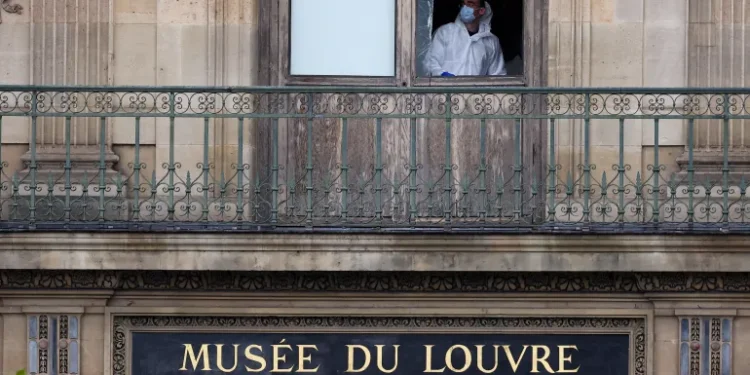The government’s attempt to raise funds through Treasury bill auctions continues to face headwinds, as investor behavior shifts towards higher-yielding alternatives.
For the third consecutive week, the government has missed its auction target, signaling potential difficulties in sustaining short-term financing while interest rates trend upward.
According to the Bank of Ghana’s auction results, the government received bids totaling GH¢5.817 billion but was only able to accept GH¢5.754 billion. This fell short of the auction target by nearly 10 percent, making it the third week in succession where the Treasury has struggled to meet its fundraising goal.
Market watchers say this recurring undersubscription points to waning investor confidence in Treasury bills, particularly as deposit products from commercial banks and other fixed-income instruments offer higher returns.
Despite the shortfall, the 91-day bill continued to attract the bulk of investor attention. Out of the total bids, GH¢4.049 billion—representing 69.61%—was tendered for the three-month paper. Of this, GH¢4.029 billion was accepted.
The dominance of the 91-day bill reflects investors’ preference for short-term instruments, allowing them to quickly reprice risk in an uncertain economic environment. This heavy concentration on shorter tenors suggests that confidence in longer-term government securities remains fragile.
Uptick in Yields
The rising interest rates on Treasury bills have become a key talking point in Ghana’s financial markets. For the 91-day bill, the yield climbed by 28 basis points, reaching 10.41%. The 182-day bill also saw an increase, edging up from 12.23% to 12.38%.
Interestingly, the 364-day bill bucked the trend, recording a marginal decline of 8 basis points to settle at 13.00%. Analysts say this could be due to lower appetite for locking funds over a one-year horizon, coupled with expectations of rate adjustments in the medium term.
A notable trend is the migration of investors towards bank fixed deposits and other high-yielding options. With Treasury bill yields still trailing behind some commercial deposit rates, institutional investors and corporates are diversifying away from government paper.
Financial analyst, Ms. Aku Sika Annor, explained: “The undersubscription is not surprising. Investors are weighing opportunity costs and many are now turning to bank deposits which currently offer relatively higher returns compared to short-term T-bills. Unless government adjusts rates aggressively, this shift is likely to persist.”
The repeated failure to meet auction targets raises questions about the sustainability of the government’s domestic borrowing strategy. With fiscal gaps still wide, Treasury bills remain a critical source of funding. However, continuous undersubscriptions could pressure the government into offering even higher rates, thereby increasing borrowing costs.
“Missing targets consecutively is a red flag,” said Ms Sika. “It means the government will either have to pay more to attract funds or explore alternative financing sources. Both options have consequences for fiscal stability.”
The Bank of Ghana faces a delicate balancing act in managing yields while supporting government financing needs. Aggressively raising T-bill rates could help attract investor participation but may also fuel inflationary concerns and crowd out private sector borrowing.
Conversely, keeping rates too low risks further undersubscriptions, leaving funding gaps that could undermine government operations. Analysts caution that striking the right balance will be crucial in the weeks ahead.
As Ghana’s economy steers post-restructuring uncertainties, the Treasury bill market is expected to remain volatile. The preference for shorter-dated securities highlights investor caution, while the rising yields suggest government may soon be forced to revise its borrowing strategy.
The next few auctions will serve as a litmus test for investor confidence. If undersubscriptions persist, policymakers may have no choice but to recalibrate rates or diversify their financing mix.
READ ALSO: France Summons US Ambassador Over Anti-Semitism Allegations























